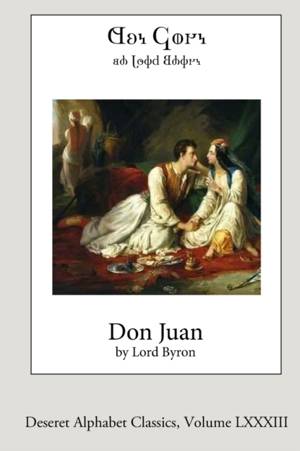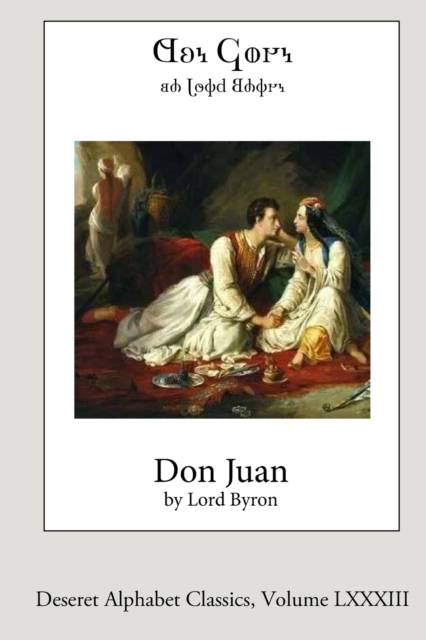
- Afhalen na 1 uur in een winkel met voorraad
- Gratis thuislevering in België vanaf € 30
- Ruim aanbod met 7 miljoen producten
- Afhalen na 1 uur in een winkel met voorraad
- Gratis thuislevering in België vanaf € 30
- Ruim aanbod met 7 miljoen producten
Zoeken
Omschrijving
George Gordon Byron, 6th Baron Byron (1788-1824) was an English peer. He's best known today for his poetry but also dabbled in politics and died supporting the Greek War of Independence. In his day, he had a scandalous reputation because of his irregular home life and radical politics. "Byronic" heroes-dark, brooding, and dangerous-were a staple of Romantic literature and named for him. Byron is also notable for fathering the English mathematician Ada Lovelace (1815-1852), his only (legitimate) offspring. "Don Juan" is considered Byron's magnum opus: a long, satirical poem about life, social mores, literary and political in-fighting-and occasionally Don Juan. Byron borrows the name only (not even the name's pronunciation!) from Spanish folklore. His Don Juan is not a heartless seducer, but a beautiful young man who cannot help having women fall in love with him as he travels the Europe of his day. This book is in the Deseret Alphabet, a phonetic alphabet for writing English developed in the mid-19th century at the University of Deseret (now the University of Utah).
Specificaties
Betrokkenen
- Auteur(s):
- Uitgeverij:
Inhoud
- Aantal bladzijden:
- 692
- Taal:
- Engels
Eigenschappen
- Productcode (EAN):
- 9781304603487
- Verschijningsdatum:
- 17/08/2021
- Uitvoering:
- Paperback
- Formaat:
- Trade paperback (VS)
- Afmetingen:
- 152 mm x 229 mm
- Gewicht:
- 911 g

Alleen bij Standaard Boekhandel
+ 108 punten op je klantenkaart van Standaard Boekhandel
Beoordelingen
We publiceren alleen reviews die voldoen aan de voorwaarden voor reviews. Bekijk onze voorwaarden voor reviews.











